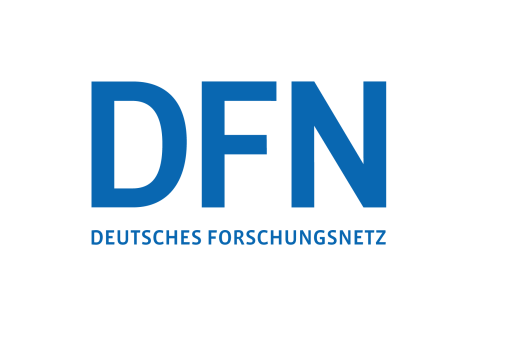In Hamburg, researchers are exploring how music and technology can shape our health and the way we connect. The Ligeti Center, based at the Hamburg University of Music and Drama (HfMT) and funded by Germany’s Federal Ministry of Education and Research (BMBF), brings together music, science, healthcare, and IT to turn research into real-world benefits.
Healing Soundscapes
One of the center’s flagship projects, Healing Soundscapes, creates generative “neutral” music designed to reduce stress and improve well-being in hospitals. The idea began with a surgeon’s request for sound in the operating room and has since expanded to waiting rooms and emergency departments.
“As a music therapist, part of my professional background is being trained in seeking out empathy with people I interact with,” said Dr. Pia Preißler, research fellow at UKE, lecturer at HfMT, and coordinator of the Healing Soundscapes project. “We are trying to understand how people emotionally perceive the atmosphere and sounds that we are creating.”
As a participating institution in the German Research Network (DFN), HfMT offers the Ligeti Center the infrastructural backing to develop and share these innovative soundscapes across digital and physical spaces.
Music across networks
The center is also breaking new ground in networked music performance, enabling musicians to play together in real time across digital connections. Supported by DFN’s high-speed X-WiN network, HfMT has staged experiments from continents apart — and even in unusual spaces like Hamburg’s Old Elbe Tunnel.
“Network technology has gone far beyond what our typical demands are for music performance and collaboration,” said Prof. Georg Hajdu, HfMT professor and head of the Ligeti Center.
A legacy of innovation
Named after avant-garde composer György Ligeti, one of the earliest advocates of computer music, the center continues his legacy by merging art, technology, and society. “The original idea for this project was very much focused on research, and while we are still focused on research, we are also emphasizing how to translate that research into society more broadly,” Hajdu noted.
As Hajdu also reflected: “When the BMBF established this initiative, it really enabled small universities to take their research and translate that knowledge to society and culture, and that is what the ligeti center is all about.”
From calming soundscapes in hospitals to collaborative performances across networks, the Ligeti Center is showing how the power of music — supported by the German Research Network (DFN) — reaches far beyond the concert hall.
This is an edited version of an article written by Eric Gedenk (DFN-Verein) first published in DFN Mitteilungen Ausgabe 107 June 2025 edition.
Photo: The project’s steering committee (from left to right): Prof. Jan Sontag, Prof. Georg Hajdu, Prof. Sebastian Debus, Dr. Pia Preißler, Prof. Eckhard Weymann, Goran Lazarevic. Credit: UKE, Eva Hecht.







